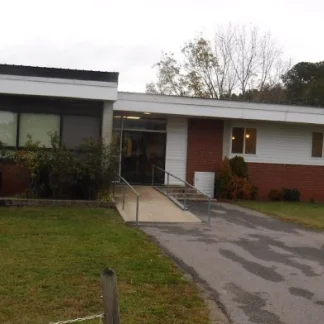New Dimension Group
Rose Hill, North Carolina, 416 West Ridge street, 28458
Available Programs
- Adolescence program
- Adult program
- Elderly program
- Program for men
- Program for women
- Young adult program
Insurance and Financial
- Medicaid
- Private insurance
- Self-pay options
- Financial aid
- Medicare
- Military insurance
About this Facility
New Dimension Group offers outpatient services for individuals with a mental health diagnosis. The program includes peer support, individual counseling, medication management, couples counseling, family therapy and more. New Dimension Group is located at Rose Hill, North Carolina.
New Dimension Group (NDG) was founded in 2007 by Psychiatrist, Dr. Constance Olatidoye, to help provide quality mental health care to citizens in Duplin County. Since 2007, NDG has grown to include basic mental health services, behavioral health and substance abuse services as well as enhance services. The practice became a Critical Access Behavioral Health Agency (CABHA) in 2010. NDG serves several counties in eastern North Carolina.
They are a full-service behavioral health care agency with dedicated staff who believe in working with those they serve to maintain and improve their health. They actively strive to provide comprehensive behavioral health care services in a friendly, relaxed atmosphere. They also believe in educating those they serve as they work with them to achieve a sense of well-being.
Contact us for more information: (910) 289-2610

Contact New Dimension Group
Connect with New Dimension Group by calling their admissions team directly.
(910) 289-2610 Website Get Directions